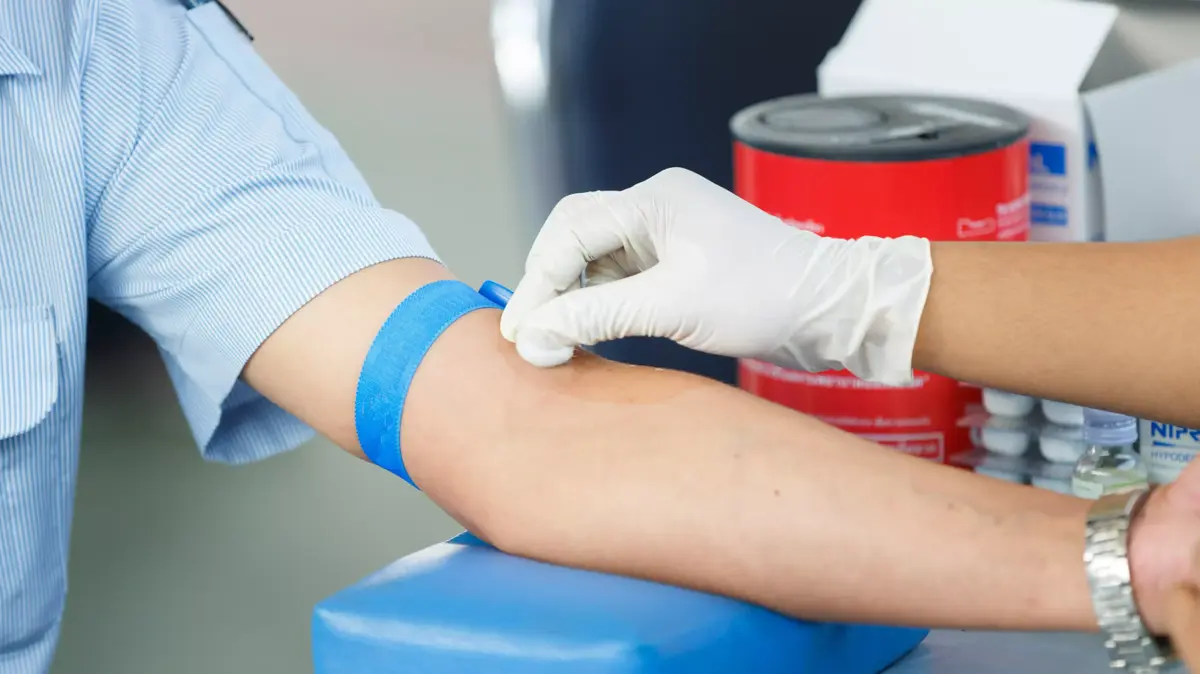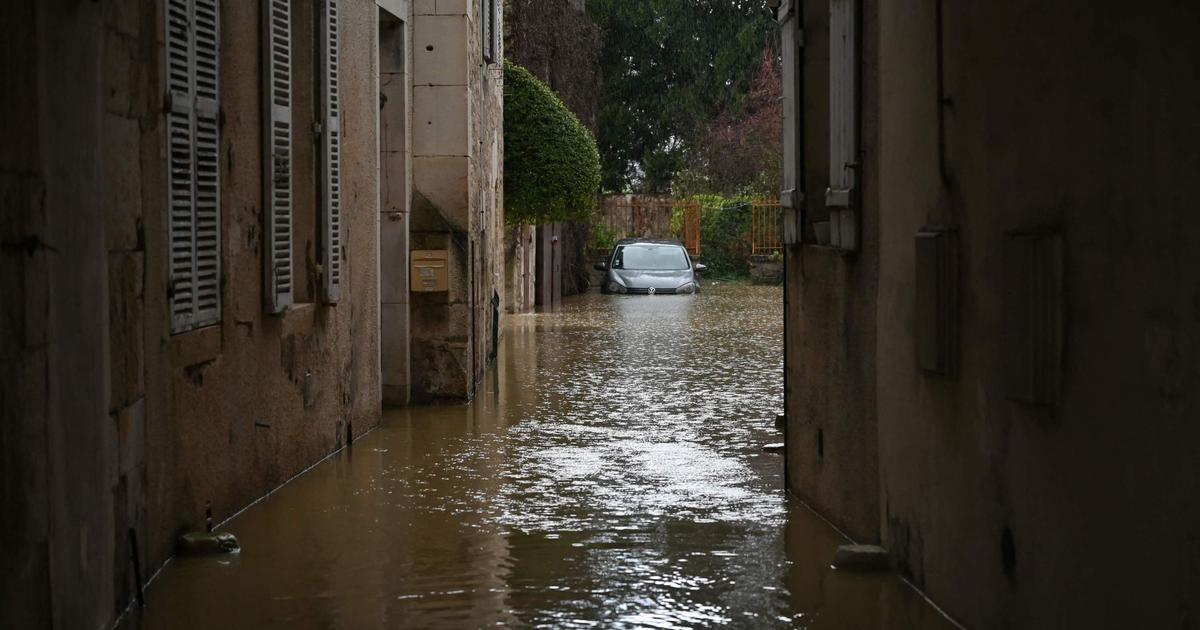The end of the summer holidays is approaching and many vacationers are coming back to Germany.
The government is preparing a significant expansion of corona test specifications - and other changes.
Berlin - New rules for entering Germany are intended to curb the spread of corona by returning summer vacationers.
According to a draft ordinance by the Federal Ministry of Health, non-vaccinated people in particular have to be prepared for broader testing obligations.
It is necessary "to curb the entry of additional infections and to keep the number of infections low in order to be able to further increase the vaccination rates during this time," says the draft that is available to the German Press Agency.
"The next wave of high numbers of infections to be expected according to current forecasts should be delayed as far back as possible."
According to dpa information, the draft bill as of Wednesday evening was coordinated with other departments in advance, and this should also be discussed further.
It provides for entry into force this Sunday (August 1st).
The government had left the start date open and referred to the necessary votes.
TEST AND PROOF OBLIGATION:
In principle, according to the draft, in the future all immigrants from the age of six should have a negative test certificate, proof of recovery or proof of a complete vaccination - regardless of where and how they come from.
When entering from an area with worrying virus variants, proof of test should always be necessary, proof of vaccination or recovery should not be sufficient.
Brazil and South Africa are currently considered virus variant areas.
Costs for possible rapid or PCR tests abroad are to be paid by yourself.
CONTROLS:
In general, the evidence should be carried on entry and presented in the event of "random" checks by the authorities, as stated in the draft.
There are no plans to check all people entering the country directly at the border.
If you travel with a transport company such as an airline, the evidence should be presented on request before take-off - this has already been the case for air passengers.
In cross-border rail traffic, this should also be possible while driving.
SPECIAL CASES:
The draft provides for special regulations for cross-border commuters and shorter journeys in cross-border traffic, among other things.
The compulsory test should only apply to them if they come from risk areas.
For those who have not been vaccinated and those who have not recovered, a test certificate should therefore only be required twice a week, not for each entry.
RISK AREAS:
According to the draft, changes are also planned in the classification of international regions with higher risk.
In the future, there will only be two categories instead of three: high-risk areas and virus variant areas.
Regions with a particularly high number of cases should be considered high-risk areas.
An indication of this should be a seven-day incidence of "significantly more than 100", but other factors such as low test rates or many hospital cases should also be considered.
The level of a "simple" risk area with more than 50 reported new infections per 100,000 inhabitants in seven days is to be dropped.
So far there has also been a middle level of the “high-incidence areas” with a seven-day incidence of more than 200.
QUARANTINE:
According to the draft for high-risk areas, people who have not been vaccinated and those who have not recovered must be placed in quarantine for ten days immediately after their return, which can be ended on the fifth day at the earliest with a negative PCR test result. For children under twelve years of age, the quarantine should end after the fifth day after entry. When returning from virus variant areas, 14 days of quarantine at home are still provided.
It was planned that the draft would be further coordinated and approved between the ministries in a circulation procedure. This could be done by this Friday. The FDP health expert Christine Aschenberg-Dugnus once again called the general entry test obligation disproportionate. “It makes a major difference whether you come from a high-incidence area or from a country with a low incidence.” The government also repeats the mistakes of the past year: “Only when the summer holidays are in full swing will test measures for returning travelers be discussed. "
The SPD health expert Karl Lauterbach called the provision in the draft meaningful that unvaccinated people from high-risk areas should be in quarantine until they have been free-tested by PCR.
“There should be free travel for those who have been vaccinated and those who have recovered.
This limits the 4th wave, ”wrote Lauterbach on Twitter.
From the point of view of the SPD parliamentary group, the state should assume the costs of planned PCR tests for returnees from high-risk corona areas.
These tests are considerably more expensive than quick tests, "for a family that can quickly amount to several hundred euros," said the parliamentary group manager Carsten Schneider of the German press agency.
“That is why I demand that in these cases the cost of the PCR tests be borne by the state.” The vacation should not become a cost trap.
dpa











/cloudfront-eu-central-1.images.arcpublishing.com/prisa/KMEYMJKESBAZBE4MRBAM4TGHIQ.jpg)


